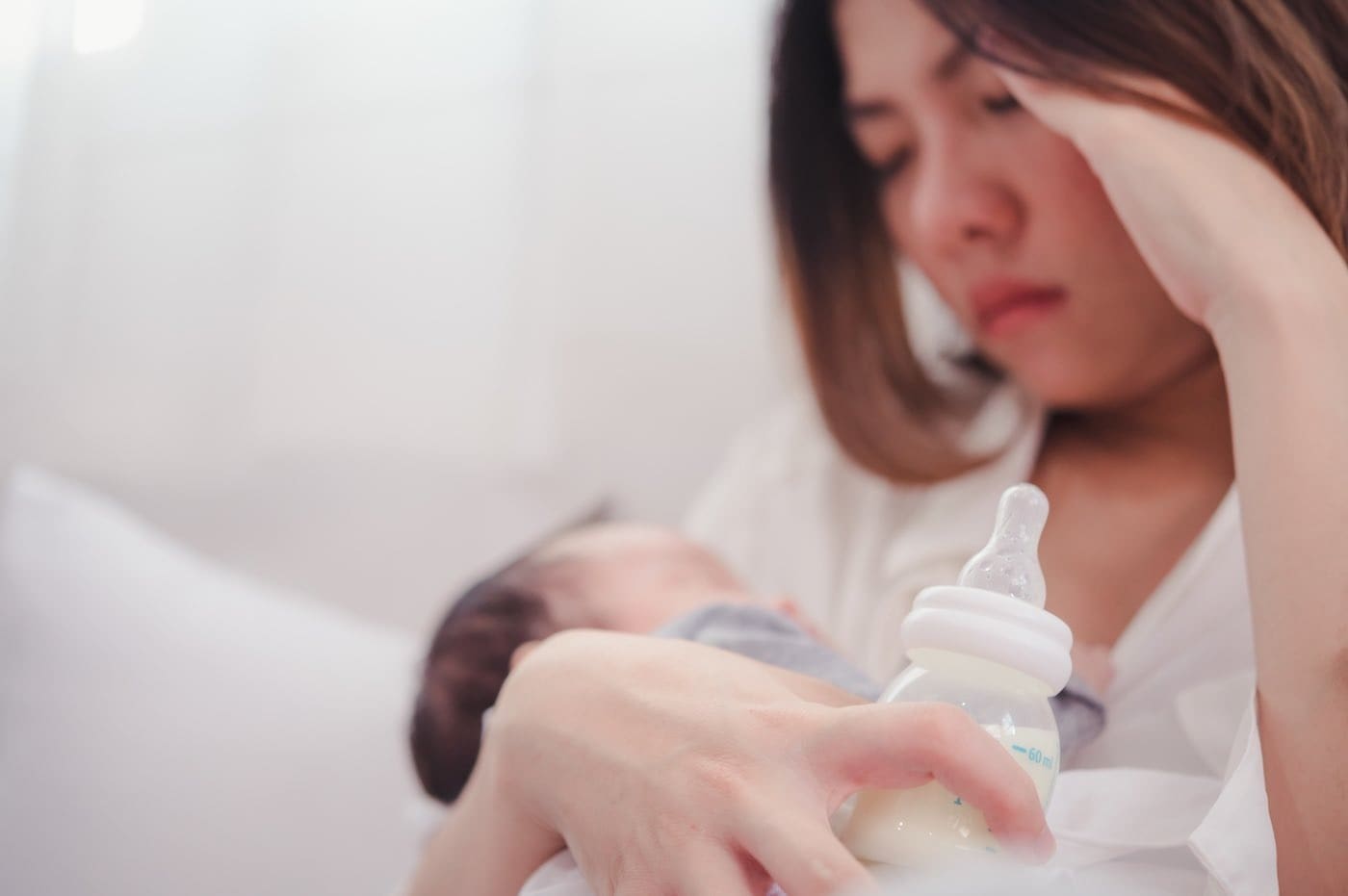The spectrum of postnatal depression
Postnatal depression, like all forms of depression, has a spectrum from mild to severe. At its mildest end is this concept of baby blues, typically quite transient, probably hormonally related, often self-limited, i.e, gets better with no significant medical intervention, and 70 or 80% of mothers will describe brief periods of this baby blues.
What are the symptoms of postnatal depression?
Postnatal depression though is a far more severe condition in which a lesser percentage, 10 to 20% of mothers, develop postnatal depression, and in postnatal depression, the person or the mum who has postnatal depression describes typical feelings of depression, low mood, no energy, tearfulness, guilty thoughts, often feelings of inadequacy, or inability to parent that child, lack of energy, disorganisation. And it does actually have quite a material impact on their ability, particularly at the more severe end, to actually look after that baby as well as they would, if they didn’t have depression.
What’s the treatment for postnatal depression?
The treatment for postnatal depression in large measure depends on the severity, whether it’s mild, moderate, severe, how long that person has been suffering from postnatal depression, and whether that person may have had previously bouts of postnatal depression or previously has had depression outside of postnatal depression. So there’s psychological approaches, but also support is very important. The mum may need carer support to help them look after that child, not on a constant basis, but to shore up the parenting.
In addition, there are medical approaches. The use of antidepressants, particularly SSRIS, can be quite useful and quite beneficial. And the extent to which they’re used needs to be very carefully looked at by someone who has got particular expertise in the treatment of postnatal depression and someone who can carefully walk through the mother or the parent about the risks and benefits of those treatments with someone who has a young child, and also talk authoritatively about breastfeeding or not breastfeeding in an individual who has, is being prescribed antidepressants. But as a general rule, these medicines are very effective in postnatal depression and form a key part of the treatment in someone who has moderate to severe postnatal depression.
For dedicated assistance
Contact COPE
- T 1300 740 398
- E info@cope.org.au
- www.cope.org.au

